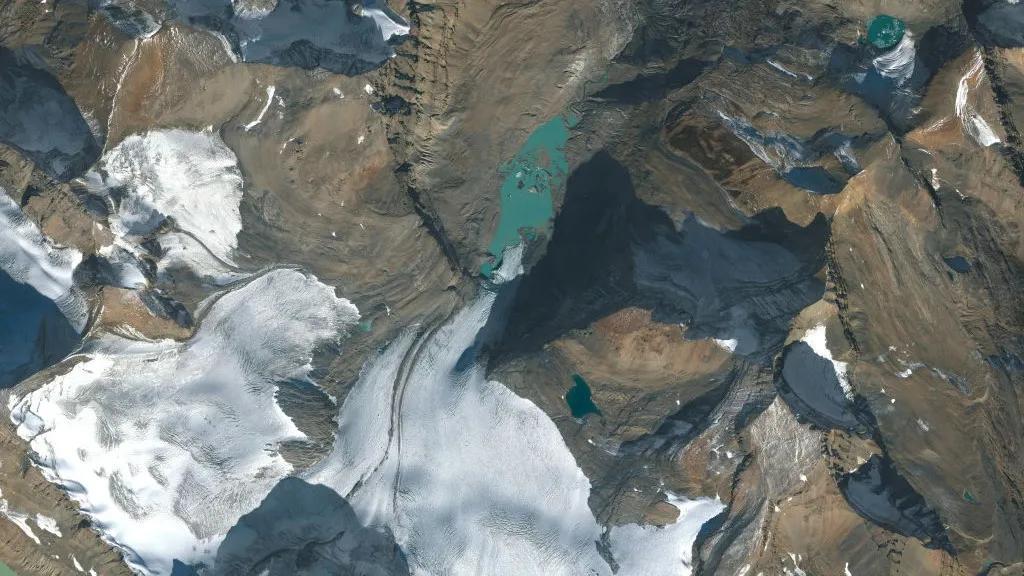
North America & Europe’s Glaciers Lost Unprecedented Ice in 4 Years: Study
In a disturbing sign of the escalating impact of climate change, a recent study has revealed that glaciers in Washington, Montana, British Columbia, Alberta, and the Swiss Alps have lost an unprecedented amount of ice between 2021 and 2024. The study, published in the journal Geophysical Research Letters, found that these glaciers have lost twice as much ice in the past four years as they did between 2010 and 2020.
The research, which analyzed satellite imagery and ground measurements, shows that the glaciers in North America and Europe have been shrinking at an alarming rate. The study’s findings are a stark reminder of the urgent need to reduce greenhouse gas emissions and mitigate the effects of climate change.
According to the study, the glaciers in the United States and Canada lost an average of 24.5 billion tons of ice per year between 2021 and 2024. This is a significant increase from the 12.2 billion tons of ice lost per year between 2010 and 2020. The Swiss Alps, which are known for their majestic glaciers, lost an average of 1.7 billion tons of ice annually during the same period.
The overall shrinkage of the glaciers is nothing short of staggering. The study found that the glaciers in North America and Europe have lost up to 13% of their ice mass over the past four years. This is a significant acceleration of the rate of glacial melting, which has serious implications for the environment, ecosystems, and human societies that depend on these glaciers.
The study’s lead author, Dr. Geir Dahl-Jensen, a glaciologist at the University of Copenhagen, emphasized the gravity of the situation. “The loss of ice from these glaciers is unprecedented and has significant implications for the global sea level rise and the ecosystems that depend on them,” Dr. Dahl-Jensen said.
The research also highlights the importance of monitoring glacier health. “Glaciers are a key indicator of climate change,” Dr. Dahl-Jensen explained. “By studying them, we can gain insights into the global climate system and the impacts of human activities on the environment.”
The study’s findings are consistent with other research on the impacts of climate change on glaciers. A recent report by the Intergovernmental Panel on Climate Change (IPCC) warned that the world’s glaciers are expected to continue melting at an alarming rate, with potentially catastrophic consequences for sea levels, ecosystems, and human societies.
The accelerating rate of glacial melting is attributed to a combination of factors, including rising global temperatures, changes in precipitation patterns, and increased melting due to climate change. The study’s findings are a stark reminder of the urgent need to reduce greenhouse gas emissions and transition to renewable energy sources.
In conclusion, the study’s findings are a sobering reminder of the urgent need to address climate change. The loss of ice from North America and Europe’s glaciers is a warning sign that the consequences of inaction will be severe and far-reaching. It is essential that policymakers, businesses, and individuals work together to reduce greenhouse gas emissions and mitigate the impacts of climate change.
Source:
Dahl-Jensen, G., et al. (2025). Unprecedented ice loss from glaciers in North America and Europe between 2021 and 2024. Geophysical Research Letters, 10.1029/2025GL115235.
https://agupubs.onlinelibrary.wiley.com/doi/10.1029/2025GL115235






